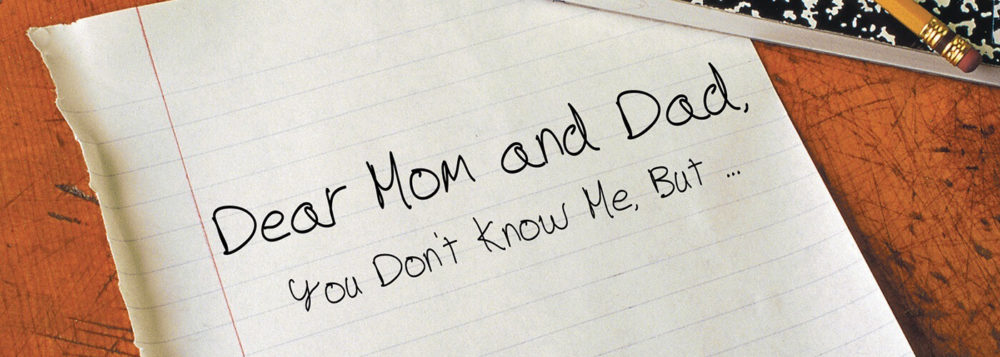There are two things I have in common with Mom which stand out. The first thing bothered me for years, and the second thing only bothers me occasionally, but has frequently been an asset . The first thing was a physical issue. George didn’t look a thing like Dad. Dad was tall and large; not fat at all, just large. George on the other hand was small like Mom and fine featured; not at all suited for the role of star football player or wrestling champion. It was a fact that affected his self-image for years. His/our body was far more suited to me. The second thing I have in common with Mom is far more pervasive.
I’ve considered, off and on for years, that Mom was genetically disposed to certain tendencies which are common among squirrels and pack rats. Mom saved everything. Her home is filled to the brim with artwork and decorations which all have a special memory attached to them. They are either from trips abroad, family members or they represent special occasions in her life. I have definitely inherited that trait … in spades as they say.
I save everything. I still have clothes I had in high school. I have every picture ever taken of me. I have cowboy hats and boots that are over 35 years old. I have 33 1/3 rpm LP records that I bought mail order when I was freshman in college in 1962, and joined the Columbia Record Club. I have books like The Art of Dating which Mom gave me when I was 13.
There is, on one of the book shelves in my family room, a book titled Jorn, by a Danish author of boy’s adventure books, which I’ve had since I was in the third grade. And last but not least … The Ransome Expedition to Loch Ness, written by my brother’s oldest and dearest friend, David Porter. It’s something he did just so he could say he’d written a mystery novel. He dedicated it to Mom and Dad and self published; something rather uncommon in the mid 1970’s.
There are a lot of other books on my book shelves, nearly all of which I have read, and many of them twice. That should give you a better idea of what squirrel I am. I always felt that the habit should give my children a sense of security, in that they were safe from abandonment because of their father’s habit of never throwing anything away.
My bride took thousands of photographs over the years … I still have all those, but the task to organize a portion of my past, which I got a notion to tackle this morning, was indeed an awesome (hate that word but it fits here) task.
In my bedroom is a cabinet which contains more of the things I don’t throw away, like my Day Timers going back 13 years. (The rest, going back to 1971 are in boxes in a closet.) But, today was all business … business cards. In the cabinet with the Day Timers is an orange plastic box about 2 inches deep, 7 inches wide and 15 inches long. It’s been in that cabinet for as long as I’ve had the cabinet, 30 years, give or take a year. The contents of the orange plastic box are cards … business cards. When I originally expropriated that box from Marilyn’s lab I converted it to a sort of card index and originally arranged everything alphabetically, of course.
If I could garner 2 cards from someone I put one under their name and one under the company name. This would have been great if I’d maintained it over the years since, but no, that didn’t happen. What did happen was that I continued collecting cards and after a certain pile accumulated on my desk I would toss the pile on top of that box, always thinking I’d get around to organizing them someday. Today was someday; I started sorting cards around 10:00 AM and finished about 6:00 PM.
As close as I can figure, there are about 2,000 cards. They go back to the late ‘60’s or early ‘70’s. In addition, there were a number of boxes of cards left over from previous employments. Last, but certainly not least, was a collection of George’s business cards dating back to the early ‘70’s; 26 different jobs and business ventures in the span of about 45 years. The amazing fact about all of this is that I can actually remember most of the people, whose names appear on the cards.
Yes, the term’s pack rat and squirrel certainly are applicable. Why am I telling you this? The purpose is to answer the question I’m asked most frequently is: “How do you remember all the details in your memoir?” I don’t remember them … I save them for later; kind of like a squirrel storing nuts for a long winter. They could come in handy someday.
